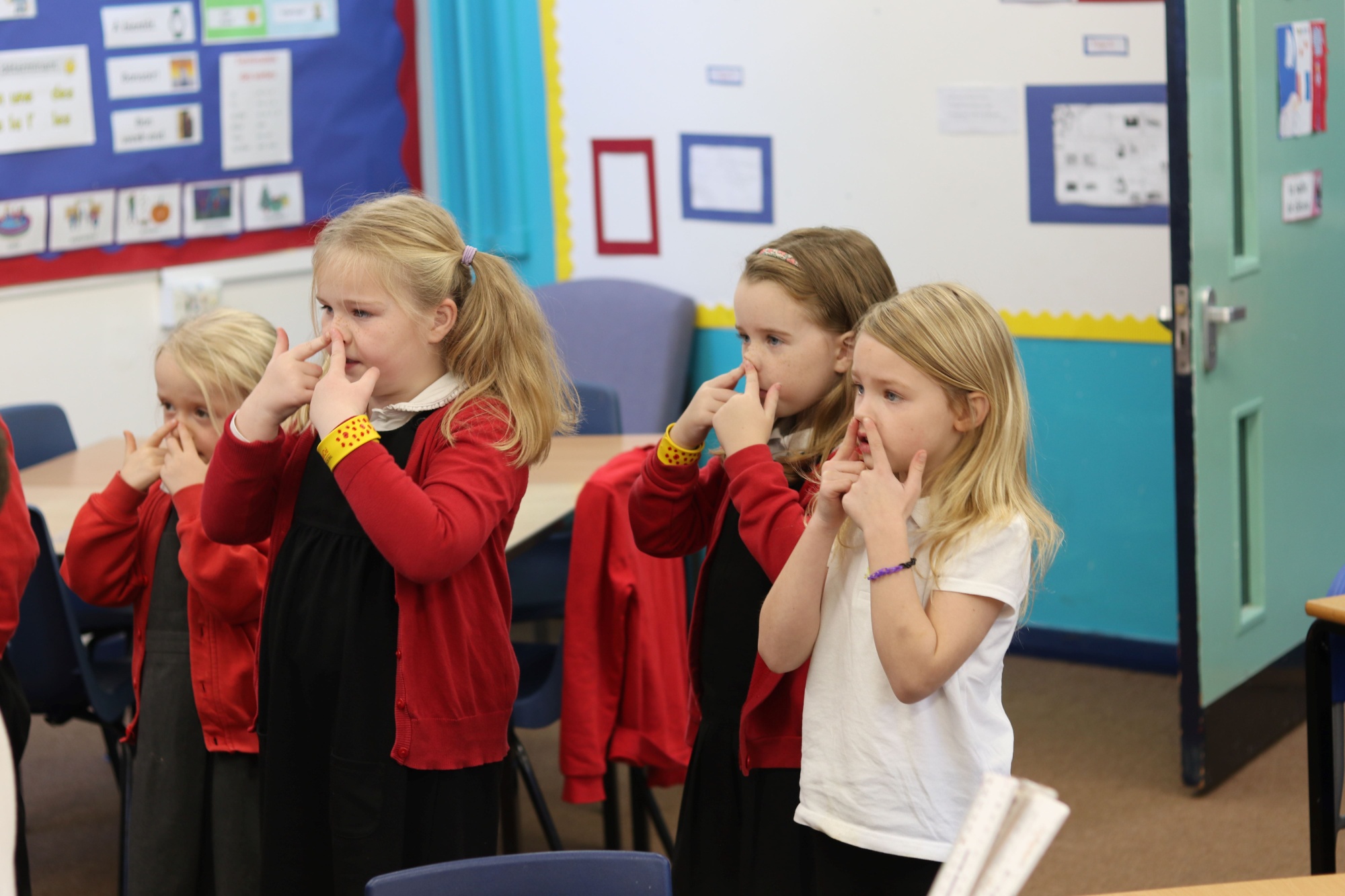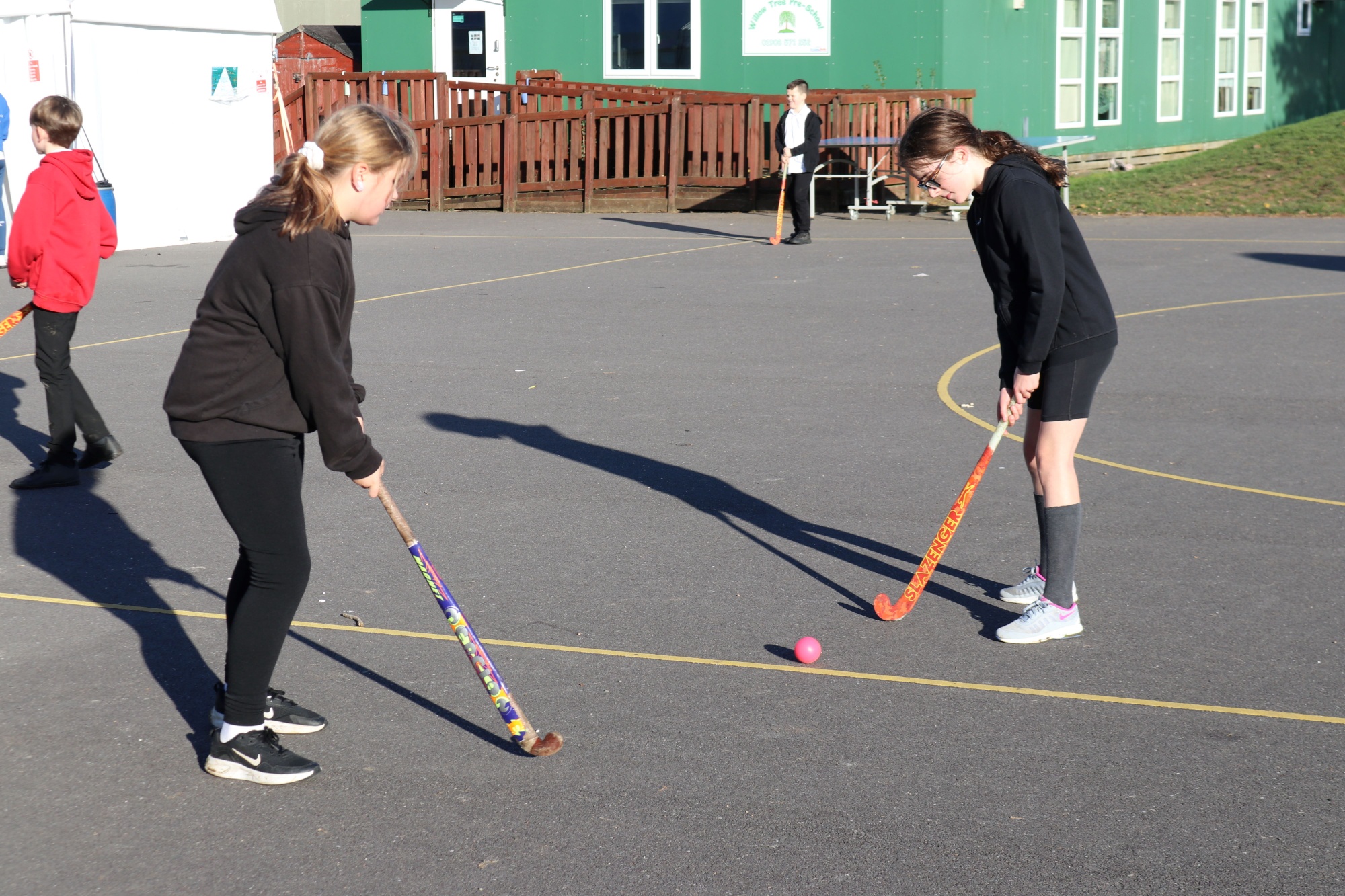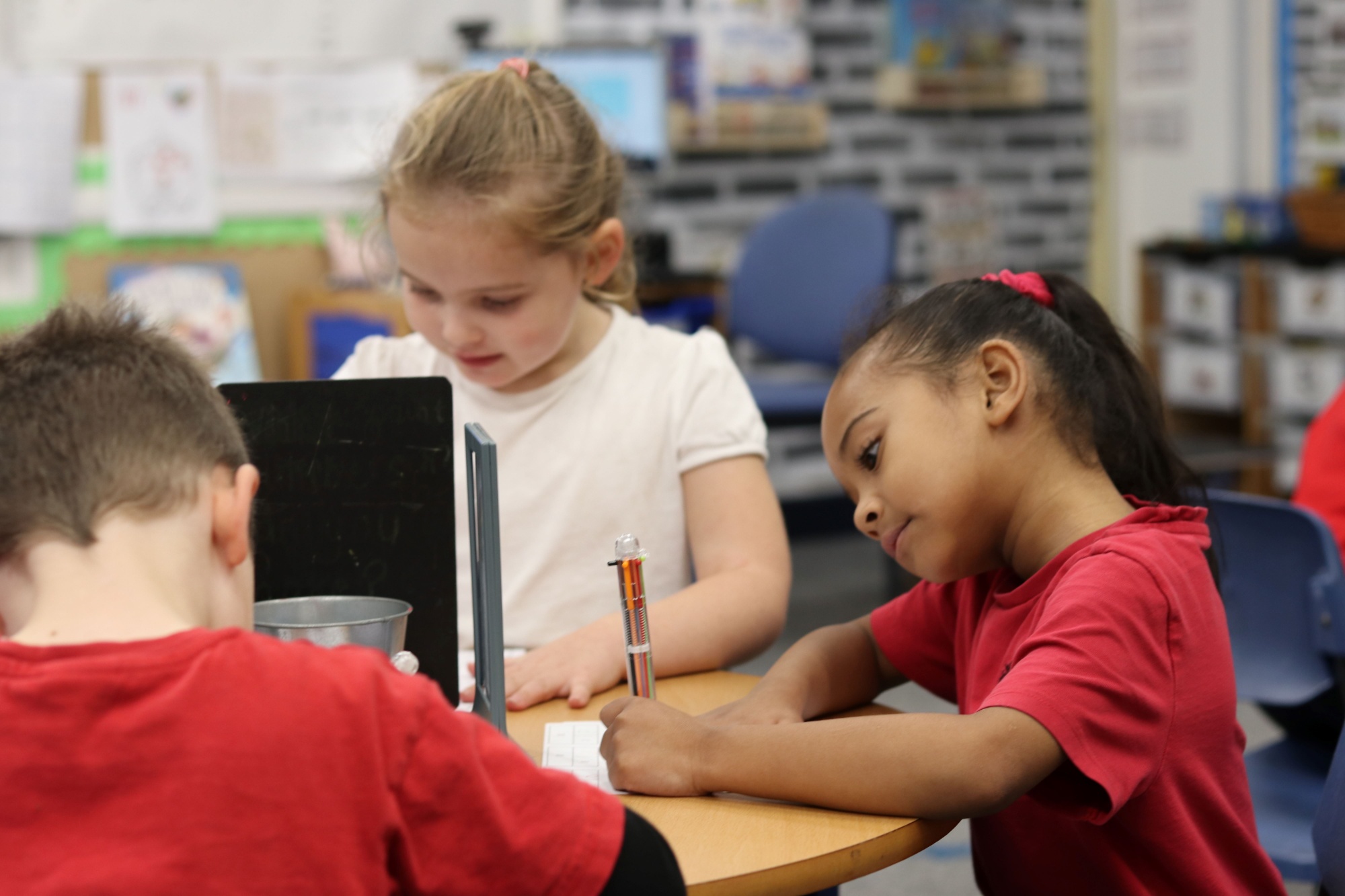Science
The school's 'Champion' for science is Mrs Sarah Burdett
Please find whole school Science plan here!
Frequency of sessions: This may change depending on the topic and activities in the week, but will largely average out as one session a week. In some topics the main focus will be science and therefore there will be a high focus on scienctific skills. In other topics, there might not be a science focus.
Science stimulates and excites pupils’ curiosity about phenomena and events in the world around them. It also satisfies their curiosity with knowledge. Because science links direct practical experience with ideas, it can engage learners at many levels. Scientific method is about developing and evaluating explanations through experimental evidence and modelling. Pupils learn to question and discuss science-based issues that may affect their own lives, the direction of society and the future of the world.
In the Early Years Foundation Stage (EYFS), children are encouraged to develop the characteristics of effective learning, many of which help the children to develop skills that support their scientific learning. Science is taught through ‘Understanding of the world’, building on their natural curiosity and fascination with the world around them.
Science teaching in the rest of the school follows the National Curriculum guidelines through a topic approach from the IPC (International Primary Curriculum), providing a broad, relevant science curriculum for all the children.
In Key Stage 1, pupils observe, explore and ask questions about living things, materials and physical phenomena. They begin to work together to collect evidence to help them answer questions and to link this to simple scientific ideas. They are helped to develop their understanding of scientific ideas by using different types of enquiry to answer their own questions, including observing changes over a period of time, noticing patterns, grouping and classifying things, carrying out simple comparative tests, and finding things out using secondary sources of information. They share ideas and communicate them using scientific language, drawings, charts and tables with the help of ICT if it is appropriate. Most of the learning about science is done through the use of first-hand practical experiences.
At Key Stage 2, pupils learn about a wider range of living things, materials and physical phenomena. They make links between ideas and explain things using simple models and theories. They apply their knowledge and understanding of scientific ideas to familiar phenomena, everyday things and their personal health. They think about the work of scientists and the effects over time of scientific and technological developments on the environment and in other contexts. They ask their own questions about what they observe and make decisions about what types of scientific enquiry are likely to be the best ways of answering them, working on their own and with others. They draw simple conclusions, use scientific language and a range of reference sources in their work. They also use conventional diagrams, charts, graphs, and ICT to communicate their ideas. Children may also be asked to write-up their experiments as reports or extended pieces of writing.
We have a well-stocked cupboard of resources which the children access regularly through their work and we have recently developed an outside science lab - a new space to enhance the learning. The school site itself is rich with scientific opportunities, our Forest School area is a prime example of this. It is home to a vast variety of wildlife including: hedgehogs, newts, mini beasts and many trees which the children explore with enthusiasm each week; there is even one which they are shown how to climb safely!
Our children are assessed annually, and at the end of most units, in science using the Rising Stars scheme. We also use rubrics with the children, from the IPC, to develpe self review skills.
Frequently Asked Questions
1 - What decisions have been made about the curriculum in your subject?
Science is taught through the IPC (International Primary Curriculum), IPC was chosen for the school in 2016 based on our local context and school make up. With a high white British cohort (currently 80%), it is important for us to provide a rich and diverse curriculum that ensures that are children are well prepared for the world beyond Deanshanger and are increasingly aware of other countries, cultures and religions. Developing cultural capital and constantly pushing aspiration are very important. The IPC provides a rich base for practical activities within science lessons, this enables our children to develop their knowledge of scientific concepts and their practical working scientifically skills simultaneously. The IPC also has direct links with the national curriculum enabling us to provide our children with the breadth of knowledge required by the national curriculum. Prior to COVID we ran a science club to provide children with more real life context to science.
2- How has the subject curriculum been adapted to meet our needs?
The IPC links directly with the national curriculum and as science is a core subject this is followed. The IPC has lots of opportunities for cross-curricular learning allowing for the children to experience science within other contexts this allows the children to understand science within real life situations through engaging topics and experiences. In our previous Ofsted report they said: ‘Forest school is a particular favourite with pupils and provides science study opportunities and positive personal development.’ With this in mind we have coordinated with the Forest School team to ensure that scientific opportunities are incorporated into the sessions planning frequently and that these are related to the national curriculum as well as the IPC topics the children will be studying at that time. We ensure the children are ready for secondary education by covering the national curriculum expectations. We have also identified whether each unit is a Biology, Chemistry or Physics unit which helps to prepare our children as they are likely to study these separately in secondary school.
3 - How do you know your curriculum is working?
The IPC has rubrics for the assessment of key skills within the subject, for science this is used by teachers to assess the children in their ability to work scientifically. This includes assessment of skills such as; prediction, testing, observing, pattern-seeking and drawing conclusions. We have bought a selection of Rising Stars assessments that provide tests to ascertain the level of knowledge of the children at different points in their learning. Currently we are using these as end of unit summative assessments in conjunction with the knowledge harvest, which assesses their prior knowledge and teacher assessment for learning throughout the topic. Progress and attainment is assessed against the national curriculum requirements. Recent monitoring of the subject tells us that scientific vocabulary is now being used more frequently and effectively thanks to subject leadership. We have also seen key questions being used on the curriculum boards to deepen the children’s understanding. We have also started labelling science activities to make clear for the children when we are completing science work and help them to understand what science is. We have also seen the implementation of rubrics within the everyday books which have been used for effective assessment. Rising Stars assessments are now being used more consistently and providing teachers with ample gap knowledge for follow up teaching. Children enjoy their science lessons especially when very practical as said in the science elevation group.
4 – What has been the impact of lockdown etc on the subject and what positive examples can we share about the subject and its remote delivery?
Even through lockdown, the entirety of the curriculum was made available to the children whether at home or at school. The impact was mostly in the practical skills of the children at home as this was harder to provide through a screen.
5 - What are the strengths of your current subject curriculum?
- Assessment – use of rubrics/rising stars
- Outdoor learning – Forest School and Science Lab
- Hands on learning – Plenty of experiments etc.
- Children enjoy their learning
6 - What are the areas of the curriculum that might need development?
- Vocabulary
- Curriculum overlap
7 - Leading professional development, providing guidance and support to colleagues.
New staff are supported by their partner teachers and phase leaders to understand the use of IPC. Training opportunities have been offered to staff.
8 – How is Science Resourced
- Wealth of science resources
- Audit of resources
- Emailed teachers to ask for requests
- Repeat yearly in case of breakage
- New resources ordered as a when needed
- Science Lab
9 – What do you expect that Ofsted will see when they focus on the subject?
Ofsted will see well-resourced practical activities that enable children to use their scientific enquiry skills to further their knowledge of scientific concepts. Children will be engaged in enjoyable investigations that help them to understand the world around them, as they would in Reception using the characteristics of effective learning. Assessment will be used by teachers to ensure that the children are being challenged during each session. The IPC will provide the context to hook the children into their learning.




